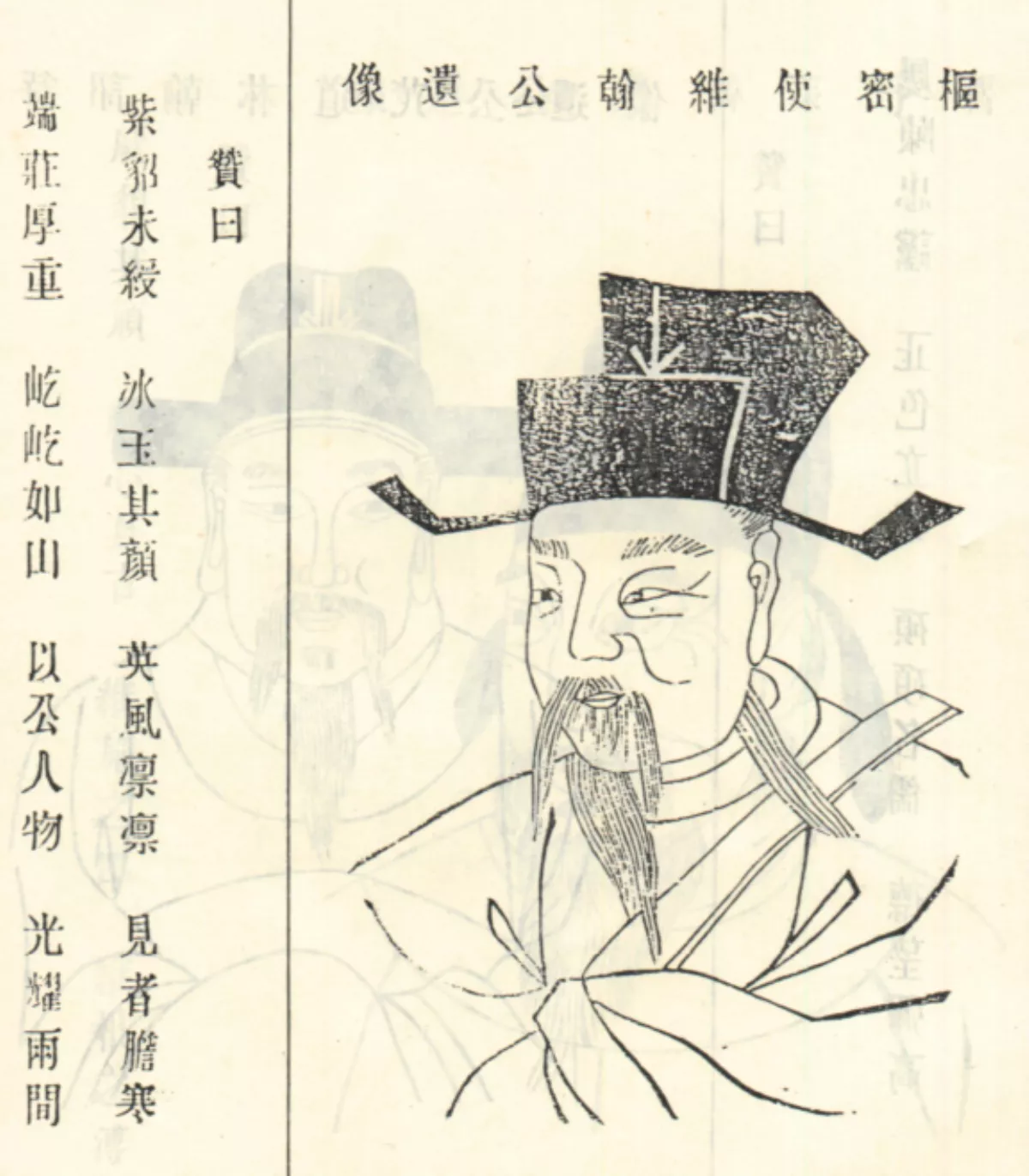 1.
1. Sang Weihan, courtesy name Guoqiao, formally the Duke of Wei, was a Chinese historian, military general, poet, and politician of the Five Dynasties and Ten Kingdoms Period state Later Jin, serving as chief of staff during the reigns of both of Later Jin's emperors, Shi Jingtang and Shi Chonggui.